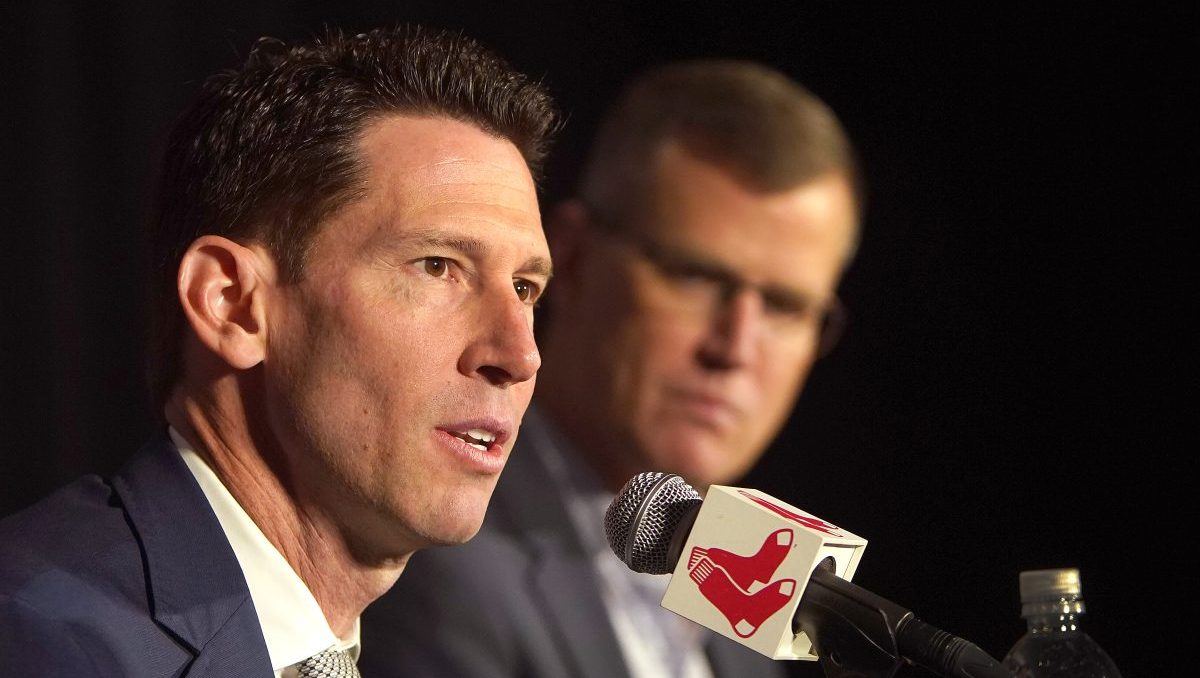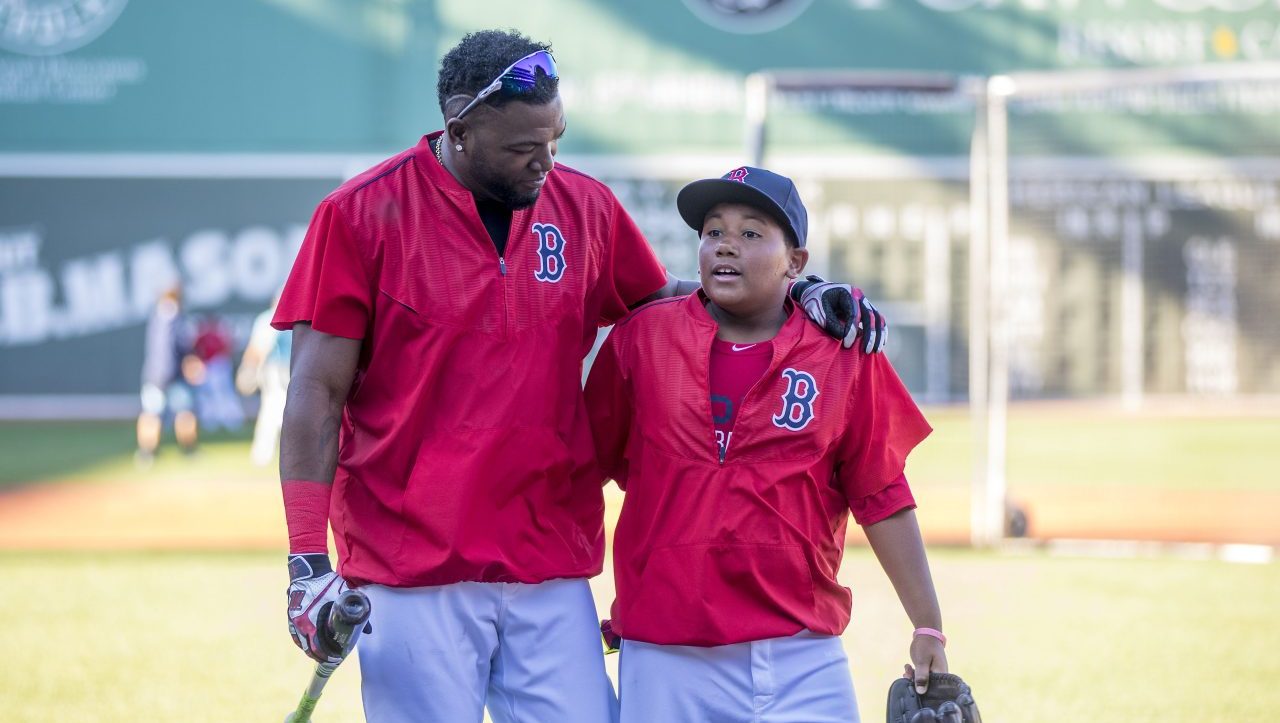
In the here-and-now, in the immediate aftermath of the instant-24-hour-news-cycle, there's a predictability to the reaction of Kelly Shoppach's arrival, and thus, Jason Varitek's expected departure.
About time! -- and that's one of the kinder responses from a fan base eager to be cleansed of everything associated with the dreadful finish to the 2011 Red Sox season.
The numbers -- and the anecdotal evidence -- will suggest that the end of Varitek's long Red Sox career was hardly some sort of noble swan song.
He hit just .221 for the season and almost one of every three at-bats concluded with a strikeout. Against righthanders, he hit just .200 for the season and in the second-half of the season, hit a paltry .176 against everybody.
The numbers only told half the story. As captain, Varitek appeared unable or unwilling to use his status to halt the team's poor play in the final month, to say nothing of the fraternity-like behavior in the clubhouse.
Argue if you will that Varitek's reduced role in recent seasons rendered him ineffectual and that he didn't carry the same authority as he did five or six seasons ago.
But Varitek also seemed powerless to reverse the slide of the team's pitching staff -- whose 7.27 ERA for the month of September epitomized the club's collapse -- when the Sox won just 7 of their final 27 games. On the final night of the season, with starting catcher Jarrod Saltalamacchia slumping, former manager Terry Francona elected to go with rookie Ryan Lavarnway behind the plate rather than Varitek.
Boston Red Sox
Find the latest Boston Red Sox news, highlights, analysis and more with NBC Sports Boston.
There's no escaping the fact that Varitek slipped -- both at the plate and behind it -- in recent seasons. In retrospect, perhaps the surprise is that he lasted through his 39th birthday in a Red Sox uniform.
But it's not fair, either, to evaluate a player solely by his twilight seasons. The fact remains that for much of his 14 full seasons with the Red Sox, beginning in 1998, Varitek was usually among the top handful of catchers in the game.
In his prime, he was dependable, durable -- exactly two trips to the DL from 1998 through 2009, for a fractured elbow in 2001 and knee surgery in 2006 -- and accomplished.
He won just one Gold Glove, but probably should have won more. From his first full season with the Sox through 2005, he threw out an average of 26 percent of opposing base-stealers -- not Pudge Rodriguez territory, but still, plenty good enough.
At the same time, he averaged an .806 OPS, a terrific number for a catcher.
Of course, many of Varitek's most critical contributions weren't on the stat sheet or the back of his baseball card. Pitcher after pitcher lauded him for his diligent preparation, his expert game-calling and his quiet leadership.
He caught four no-hitters -- a major league record for a catcher -- and did it with four different pitchers, some established (Hideo Nomo, Derek Lowe) and some not (Clay Buchholz, Jon Lester).
(Varitek would have caught a fifth, but Curt Schilling ignored Varitek's suggestion with two outs in the ninth inning and lost a no-hitter when Oakland's Shannon Stewart singled to break up a no-hit bid in 2007. "I shook 'Tek off," said a regretful Schilling afterward, "and I get a big what-if for the rest of my life.")
In perhaps his signature moment in a Red Sox uniform, he famously gave Alex Rodriguez a face wash in July of 2004. Tired of ARod's complaining about being a target for Red Sox pitchers, Varitek intercepted him on his way to first base and shoved his catcher's mitt in his face.
It's an image that Red Sox' fans hold dear. At a time when the rivalry seemed altogether too polite and civil, Varitek supplied some good old fashioned animus from the 1970s. It didn't matter that, at the time, they shared the same agent or that it became unfashionable to dislike your opponent.
In a way, the Red Sox' comeback in the ALCS didn't start in the ninth inning of Game 4, but rather that summer afternoon when Varitek defended his pitchers and said, in no uncertain terms, that the Sox weren't going to be pushed around.
In the next 39 months, the Red Sox won their first two World Series since World War I. Varitek was the starting catcher in all eight World Series games, each one of them a Red Sox win.
With the proper time is passed, that -- and not the aging catcher who had trouble making contact or throwing out the slowest of baserunners -- should be Jason Varitek's legacy.


